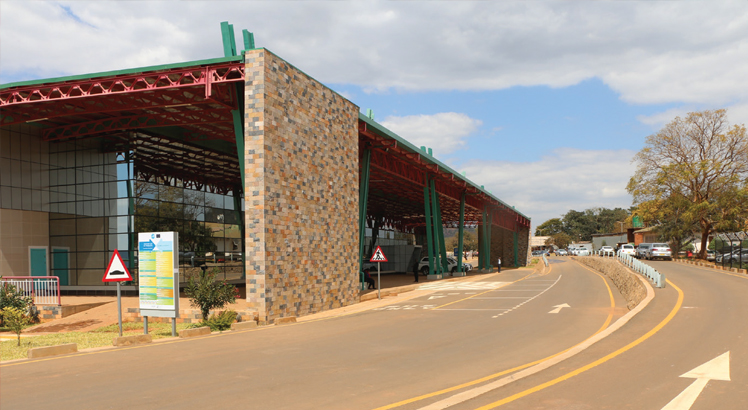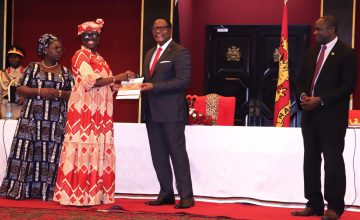Malawi exports to Agoa double
Malawi’s exports to the United States (US) through the African Growth and Opportunity Act (Agoa) trade window have doubled between May 2020 and May 2021, statistics prepared by the US government show.
The Agoa statistics show that the country’s exports through the Agoa window rose to $15.48 million (about K12.60 billion) in May 2021 from $7.71 million (about K6.27 billion) in May 2020.

This is a rebound compared to previous data which show that in 2020 Malawi exports under the agreement dropped to $13 million (about K10.58 billion) from $33.55 million (about K27.30 billion) in 2019.
Ministry of Trade spokesperson Mayeso Msokera in an interview on Wednesday attributed the increase in exports is to an increased in exports of tea, tobacco, macadamia nuts and sugar.
He said: “As the global economy is recovering from the Covid-19 pandemic, demand is also picking up. The ministry, therefore, would like to implore the private sector to take full advantage of preferential markets such as the Agoa.”
“Our producers and exporters stand a chance to gain a competitive advantage over exporters in other countries who may need to pay standard US import duties when they export their products to the USA.”
Malawi is one of the 45 African beneficiaries of Agoa though businesses in the country have historically not taken full advantage of the provision which aims to significantly enhance market access to the US for qualifying sub-Saharan African countries.
Malawi’s contribution to the Agoa has been falling steadily despite the country having the National Agoa Response Strategy which seeks to increase exports from Malawi to the Agoa trade window by 20 percent by 2022.
The strategy provides a comprehensive plan for increasing exports from Malawi to the US market under the Agoa non-reciprocal unilateral trade preference programme.
University of Malawi economics professor Ben Kaluwa observed that for Malawi to fully enjoy the benefits of being part of preferential and bilateral trade agreements, it needs to diversify its exports ,.
He said Malawi has a low export base with most of the products not processed, hence, attracting low returns.
Said Kaluwa: “Malawi has other constraints other than the low export base. Some of these include the increase in cost of production which has made our exports become expensive as compared to their exports from other countries targeting the same market.”
In an earlier interview, Economics Association of Malawi president Lauryn Nyasulu urged authorities to ensure the country addresses underlying structural constraints.
She said: “What is needed for countries like Malawi is to promote production of goods and services for export.
“The country needs to address its weak manufacturing base and ensure industrial policies aimed at preferential treatment especially those concerning SMEs and manufacturing are in place.”
In July last year, the US Congress passed a Bill renewing the 15-year-old Agoa, which would have expired in September last year, to continue allowing made-in-Africa goods to enter into the US duty-free for another 10 years.
Agoa gives Malawi and other sub-Saharan African nations duty-free access to US markets for certain goods such as textiles.





